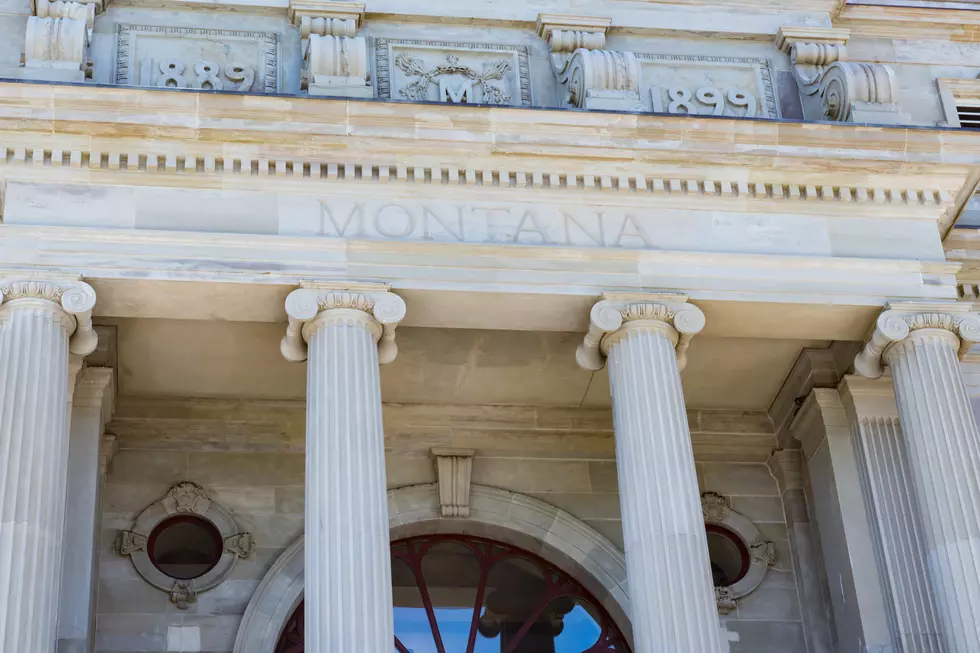
The Main Budget Bill – House Bill 2 Passes the Montana Senate
The Montana Legislature is one step closer to fulfilling its sole Constitutional mandate, passing a two-year balanced budget.
Senate Finance and Claims Chairman, Senator Ryan Osmundson (R District 15) spoke to KGVO News on Thursday and provided details of the state’s main spending bill for the next two years.
“It's referred to as House Bill Two, and it is basically the state's budget for the next two years,” said Osmundson. “That's what it contains. There are other spending bills that pass through the process, but that is the main spending bill of the session. We are required to pass a constitutionally balanced budget so it can’t exceed our revenues.”
Osmundson provided some raw numbers for the state’s budget.
“To kind of give you a rough estimate, it's about $12 billion, perhaps a little more than that,” he said. “It’s about a 3.6% increase from last biennium, so it’s not much of an increase. Inflation right now is running just a little over 4%. So it's under the rate of inflation. The governor proposed the budget to us and we’re about 1% lower than what he proposed, so we're right in where the governor was targeting, and that's good.”
Osmundson gave a laundry list of what the state budget will fund for the next biennium.
“It contains everything from Health and Human Services, to the judicial branch, corrections, and education,” he said. “You're going to have the state's portion of K-12 education, and you're going to have higher education, that’s the university system, and a lot of smaller departments, too. In terms of the legislative branch, there’s the Governor's office, the State Auditor's Office, and a lot of different agencies.”
Osmundson also addressed the monies the state has received from ARPA (The American Rescue Plan Act), that are not part of House Bill 2.
“It certainly helps knowing that we have a little bit of a backstop, and that was certainly nice to have,” he said. “But a lot of that money really is looking forward, I would say, because the bulk of it is going to be spent on things like broadband, water, sewer, and some really big infrastructure needs. It certainly did help because there were projects that were qualifying because they could be COVID related, so that that did help us, to be fair, but I would say we tried to stay inside of what we normally receive as revenue.”
The budget goes back to the House for changes and both houses will meet next week to hammer out the final budget, which will then be sent to Governor Gianforte, which will for the most part bring the legislative session to a close.
LET'S GO: The most popular historic sites in America
More From Newstalk KGVO 1290 AM & 98.3 FM









